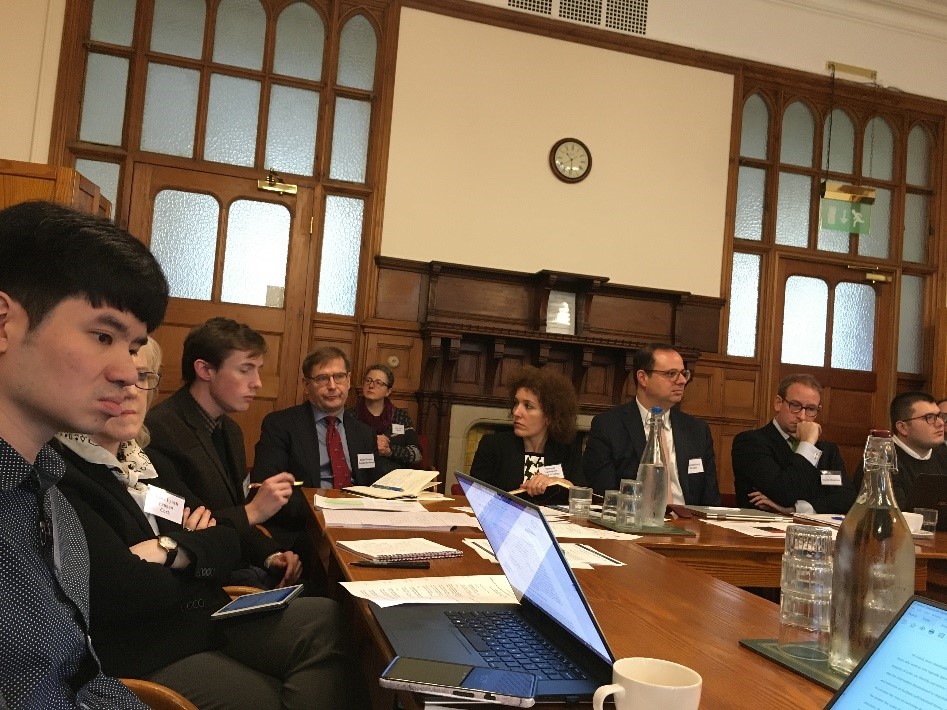Negative externalities of corporate behaviour
Associated people
Are the negative externalities of corporate behaviour a problem for corporate law, or non-corporate law, and why is it important how the problem is framed? Where non-corporate law is relied upon, what modifications are required to render it ‘fit for purpose’ in constraining the negative externalities of corporate behaviour? What role can usefully be played by ‘soft law’, including in relation to the conduct of financial intermediaries? And how important actually is law in this context, relative to the values of corporate managers and the culture in which these values have been developed?
These and other questions were explored by leading scholars and practitioners from around the globe in a one-day conference at Harris Manchester College on 17 January 2020. The conference was jointly organised by the Commercial Law Centre and the EW Barker Centre for Law and Business at the National University of Singapore, pursuant to a memorandum of understanding entered into by the two institutions in 2016.

Professor John Armour opened the conference with a paper on the question of how the problem of corporate negative externalities might be framed most fruitfully, followed by comments from Professor Georg Ringe (Hamburg). Professor Alain Pietrancosta (Paris I) then presented a paper on two recent French legislative changes, one on the liability of companies for illegalities committed by subsidiaries or within the company’s supply chain by entities outside the group, the other encouraging publicly traded companies to adopt an explicit raison d’être to supplement its standard commercial objective. Christian Hofmann (National University of Singapore) acted as discussant. A paper on ‘failure to prevent’ corporate criminal liabilities by Rachel Leow (NUS) followed, with Professor Robert Stevens acting as discussant. Kenneth Khoo (Yale) then gave a paper on common ownership and pecuniary externalities, commented on by Thom Wetzer. Professor Amir Licht followed with an empirical paper on the impact of culture and values on director decision-making (Kristin van Zwieten acting as discussant), and Professor Paul Davies closed the conference with a paper on the stewardship code (Dionysia Katelouzou from King’s College London acting as discussant).
Each paper was followed by lively discussion, with audience members and speakers exchanging reflections on the experiences of their home jurisdiction(s). Two points emerged clearly from this discussion: first, the way in which the problem of corporate negative externalities was framed heavily informed the choice of tools and strategies that could be deployed in response; secondly, there were inevitably trade-offs in the deployment of any of these tools and strategies, and careful attention to these was essential to maximising the benefits of the intervention.






